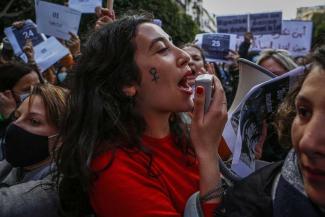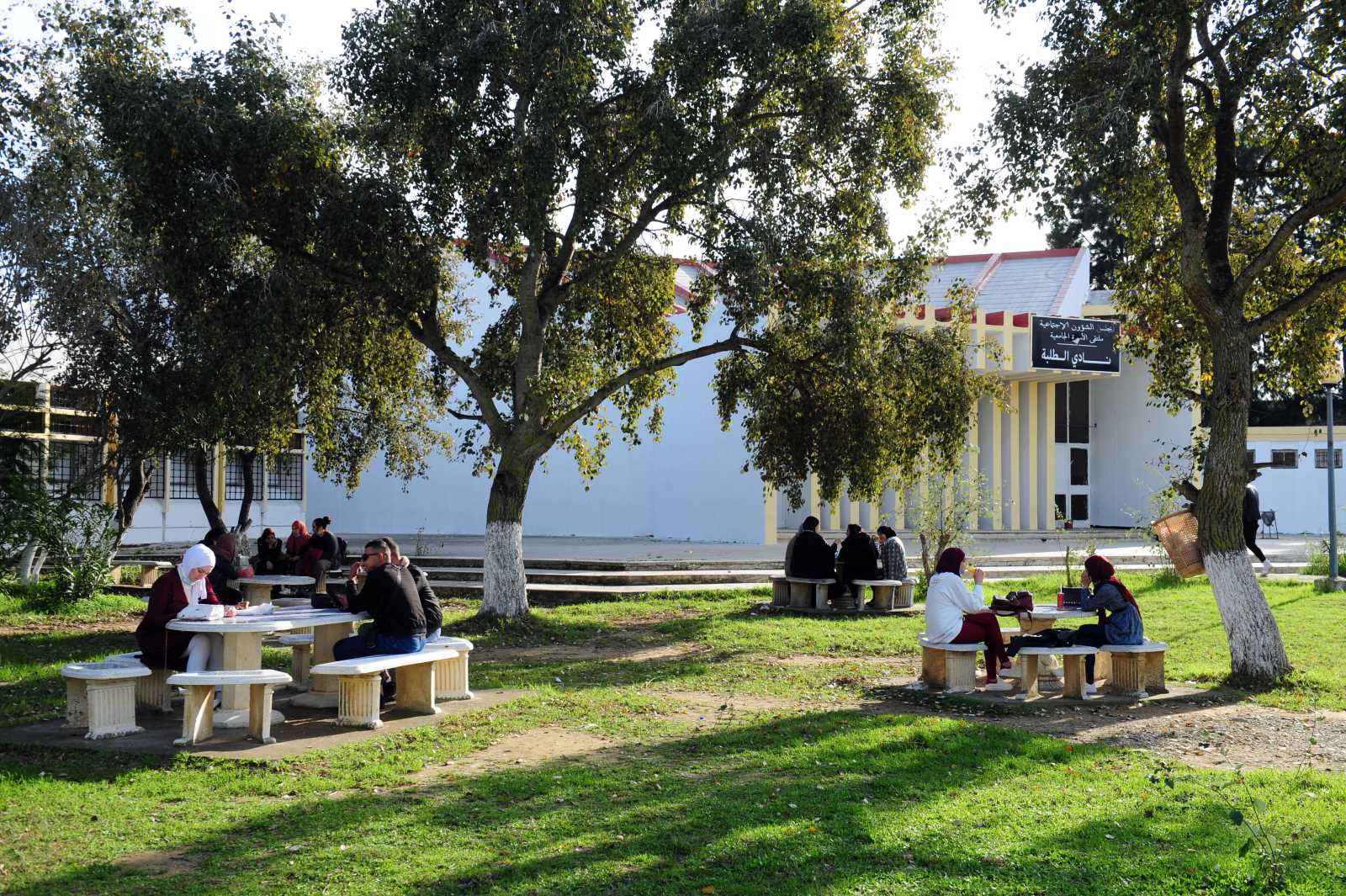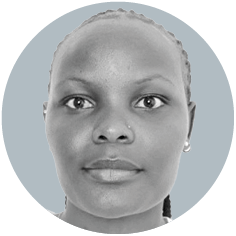Algerian feminist movement
Progress and setbacks

While it is widely acknowledged in Algeria and globally that women’s education is a powerful tool for empowerment, harmful stereotypes persist both online and offline. They undermine the achievements of the Algerian feminist movement, which dates back to the 1940s. During the country’s struggle against French colonial rule, Algerian women played a vital role in the National War of Liberation, enduring targeted colonial violence. Following independence in 1962, the Algerian government recognised women’s contributions to the liberation struggle in the 1976 Constitution.
However, the introduction of the 1984 Family Code, which reinforced traditional norms and established male authority over women, spurred a new wave of feminist mobilisation. Organisations such as the Association for Equality of Rights between Women and Men, founded in 1985, emerged to demand civil laws ensuring gender equality, laying the foundation for a resilient movement that persisted through the political instability of the 1990s civil war.
From the early 2000s onwards, sustained feminist advocacy led to significant legal reforms. Key milestones included amendments to the Family Code in 2005 and 2015, which introduced stricter penalties for domestic violence and street harassment, marking notable victories for Algerian women. Complementing these legal advancements, the government launched the Joint Programme for Gender Equality and Women’s Empowerment in Algeria in 2010, aiming to boost female participation in leadership roles and the economic sector. These efforts contributed to substantial progress: By 2012, women held 31.6 % of parliamentary seats, the highest representation in the Arab world at that time (Tripp 2019).
Nevertheless, despite this progress, gender equality in the workforce remains elusive, and women in leadership often face significant social backlash. A recent and widely discussed example is the case of Zahia Benkara. In 2017, she was one of only four women elected as mayors in Algeria. While her achievement was celebrated both nationally and internationally, she faced intense local opposition. This backlash included misogynistic and offensive comments on social media, where online critics mocked her appearance and compared her to a man. This incident underscores the ongoing challenges Algerian women face in their pursuit of equality, reflecting the complex and fluctuating history of their struggle against entrenched patriarchal norms.
Links
Tripp, A. M., 2019: The fight for democracy and women’s rights in Algeria: a long legacy of struggle. Turkish Policy Quarterly, 18(1), pp. 59-67.
http://turkishpolicy.com/article/957/the-fight-for-democracy-womens-rights-in-algeria-a-long-legacy-of-struggle
Khadidja Kelalech is a research associate at the University of Leicester, UK and works on women’s issues in the MENA region, with a specific focus on Algeria.
kelalechkhadidja@gmail.com















